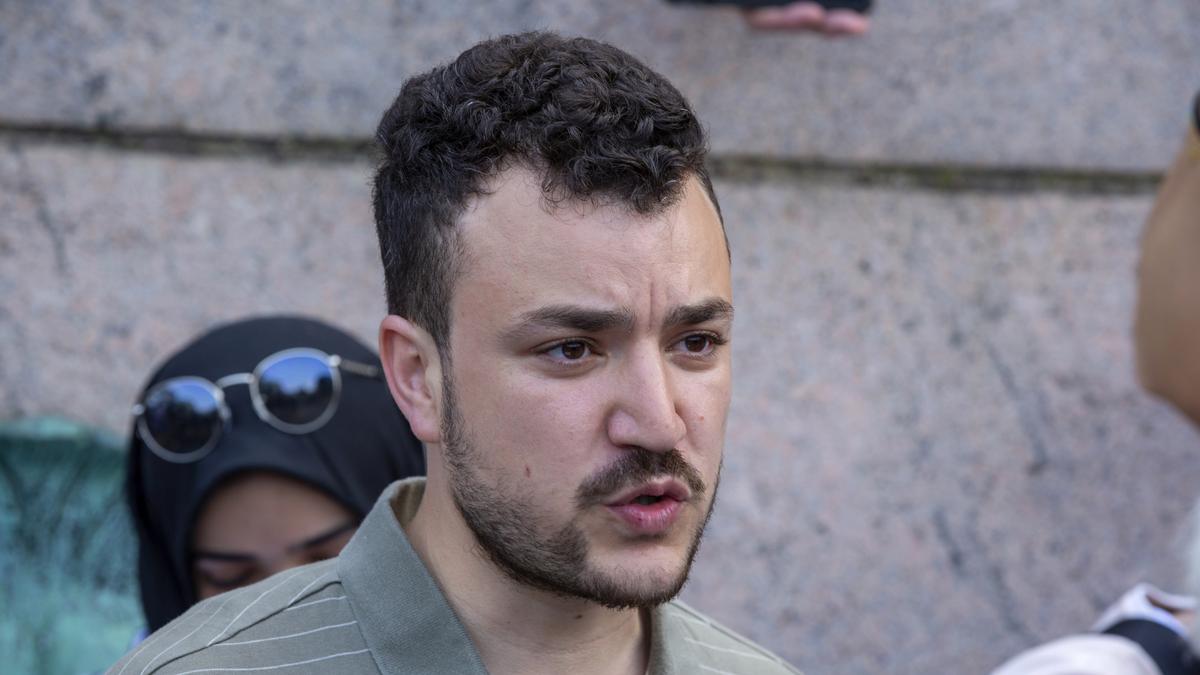A graduate student at Columbia University, Mahmoud Khalil, has been ruled eligible for deportation from the United States following a decision by an immigration judge in Louisiana. The ruling stems from Khalil’s active participation in recent pro-Palestinian demonstrations, which federal authorities argued posed a risk to national security and could carry significant foreign policy implications.
During the court proceedings, government officials stated that Khalil’s continued presence in the U.S. could lead to “potentially serious foreign policy consequences.” The judge agreed with this assessment, determining that the threshold for deportation based on national security grounds had been met.
Khalil, who has been pursuing graduate studies in the U.S., has been involved in organizing and attending public demonstrations expressing support for Palestinian rights. His legal team argued that his actions were protected under the First Amendment, emphasizing that he has not engaged in any criminal conduct or incited violence. However, the court’s decision focused on broader national security implications rather than individual behavior.
The ruling has sparked debate about the balance between national security and freedom of expression, particularly on university campuses where political activism is common. Advocates for Khalil argue that the decision sets a troubling precedent for targeting students and individuals based on their political beliefs.
Supporters of the deportation ruling, however, maintain that national interest and diplomatic stability must take precedence, especially during times of heightened geopolitical tension.
Khalil’s legal team is preparing an appeal and has requested a stay on the deportation order while the case is under review. Immigration and civil rights groups have expressed concern over the implications of the ruling, warning that it could discourage lawful political expression among international students and immigrants.
As of now, Khalil remains in custody pending further legal proceedings. The case continues to draw national attention, igniting discussions about the extent of immigration law in cases involving political activism and foreign relations.




0 Comments